“We know how hard it is for our contemporary world to see poverty clearly for what it is. Yet in myriad ways poverty challenges us daily, in faces marked by suffering, marginalization, oppression, violence, torture and imprisonment, war, deprivation of freedom and dignity, ignorance and illiteracy, medical emergencies and shortage of work, trafficking and slavery, exile, extreme poverty and forced migration.” These words from the Message of the Holy Father for the First World Day of the Poor on November 19, remind me of a summer experience. For about 10 days I lived in a drug-abusers’ detox community which serves as an alternative to imprisonment. The residents are children with a criminal history, under house arrest. Not a “boarding school for innocent little boys”, as one of the boys jokingly told me on my arrival.
It was an extraordinary opportunity which will remain close to my heart in my journey as a Jesuit. And not only because of the rich local cuisine, the pasta always cooked just right – there was something special there I could not quite place.
I met a reality of which I knew nothing of beyond the common stereotypes. The famous words of Pope Francis to priests resound loudly: “This is what I am asking you – be shepherds with the smell of sheep, pastors in the midst of their flock.” There is no point in getting lost in abstract theological discussions removed from reality, and not knowing people, understanding different situations – even the most difficult – up close.
And the plague of drug-dependency, “a chronic illness” (as one of the boys defined it) is an evil that must be fought with all the weapons at our disposal. Unfortunately, the admirable diligence and dedication of the educators – for me an amazing testimony of service – cannot do much unless the kids have the motivation and deep desire to open up.
Meeting so much humanity is fascinating. I saw their humour, their irony in grotesque and absurd situations, together with their qualities, the positive aspects present even in the darkest of moments. All this led me to reflect on the presence of the Lord in every person. Among them – generally branded, sadly, as human waste – there is so much beauty, even if not always obvious.
The irony of Andrea, the atheist in search of the truth who called his son Christian, Emanuele’s spirit of service, bending over backwards to make sure everything works in the community, Joseph’s disponibility, always ready to help the other, are just some of the small pearls gathered, an invitation to reflect on the beauty of man and life, a gift of God to be honoured and valued in all situations.
And again, a humorous point of view allows you to live lightly the tragedy of certain circumstances. Guido, a boy I would go running with, was convinced that the life of a Jesuit is easy and beautiful – free studies, travel, experiences – to the point of thinking about following in the footsteps of Sant’Ignazio. The fact that he would blaspheme with ease did not seem to trouble him at all, and to my timid observations he responded with surprise: “Piero, you’re such a nitpicker”. It was enough to point out that Jesuits don’t have sex to see his musings about the supposed vocation vanish.
There were also many sad moments where I experienced desolation and bitterness. For some of them – without real motivation or simply too deeply rooted in the drug habit – every activity or proposal of recovery seems vain. In these moments of failure and disappointment I would want to abandon everything. Why stay here if there is nothing to do? One morning, the beautiful words of one of the educators in the centre consoled me: “Piero, we are called to love, not to succeed.”
And sometimes, listening to some of their stories I struggled to hold back the tears, many of my certainties collapsing. Ivan made my blood run cold when he told me with a smile that, thrusting a needle into his vein, he is not afraid to die but to live because “with all that rubbish with which they cut heroin you can never know if you will survive, but at this point it’s better to die.” Daniel explained in detail his travels as a drug trafficker with condoms stuffed with cocaine in his stomach. And Mirko, with everything in place for a beautiful and dignified life (wife, children, family business), awaiting with fear the day of his return home because of the certainty of falling back into the habit as “the lure of drugs is too strong for me”. At age 23, Edward has survived two overdoses.
They have seen friends and relatives die because of drugs or suicide, and often come from chilling family situations. Listening to these stories, I think of the words of Pope Francis when he visits a prison “Why them and not me? This is the mystery which unites me to them.” Their stories and situations on the one hand have led me to abandon my personal judgments and on the other strengthened in me the duty/desire to not look past the challenges of suffering. In what way I still don’t know.
I’ll never know how much I’ve been able to help the kids; certainly, they helped me. They have accompanied me in my journey of growth toward God, with and through suffering and human poverty.
*The names of the characters in this article have been changed to prevent their identification so as to protect their privacy
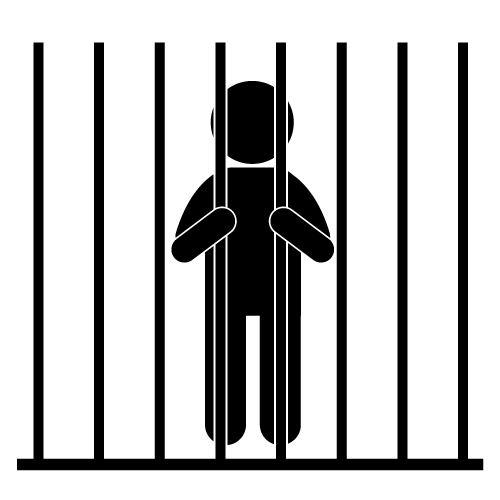
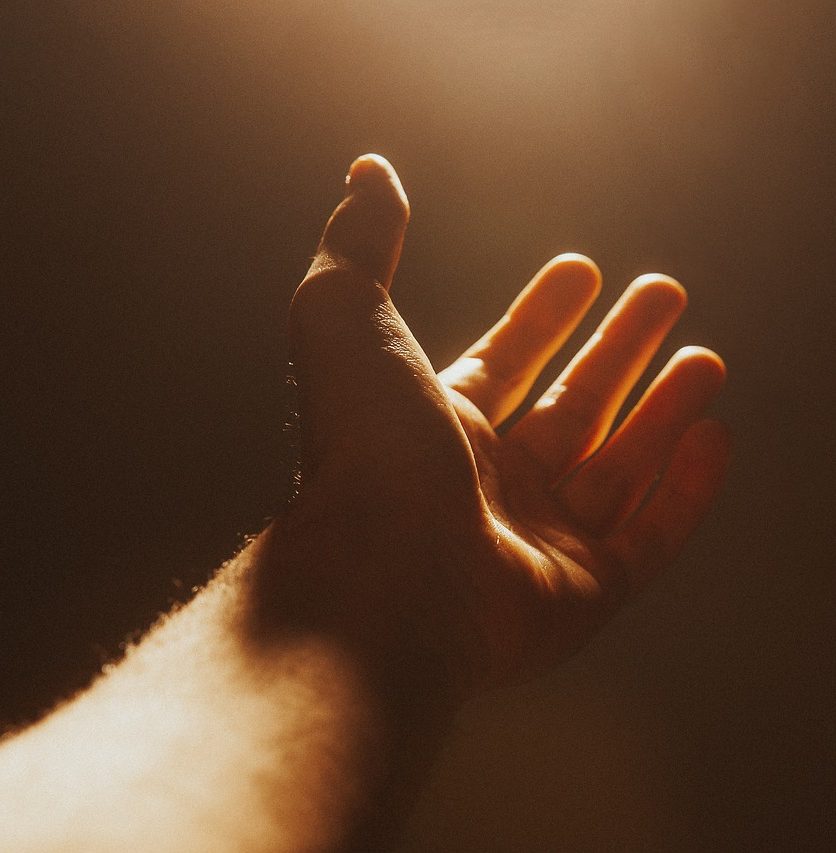
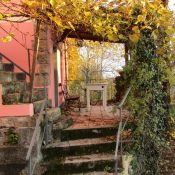
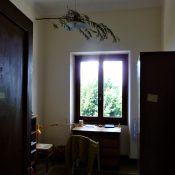
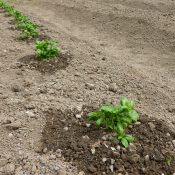

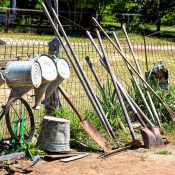
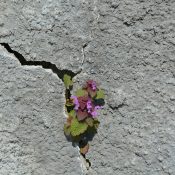
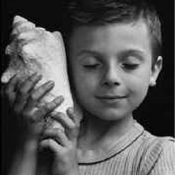


Comments